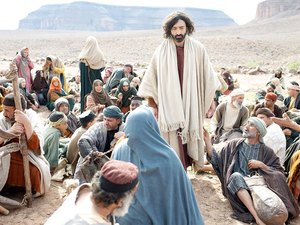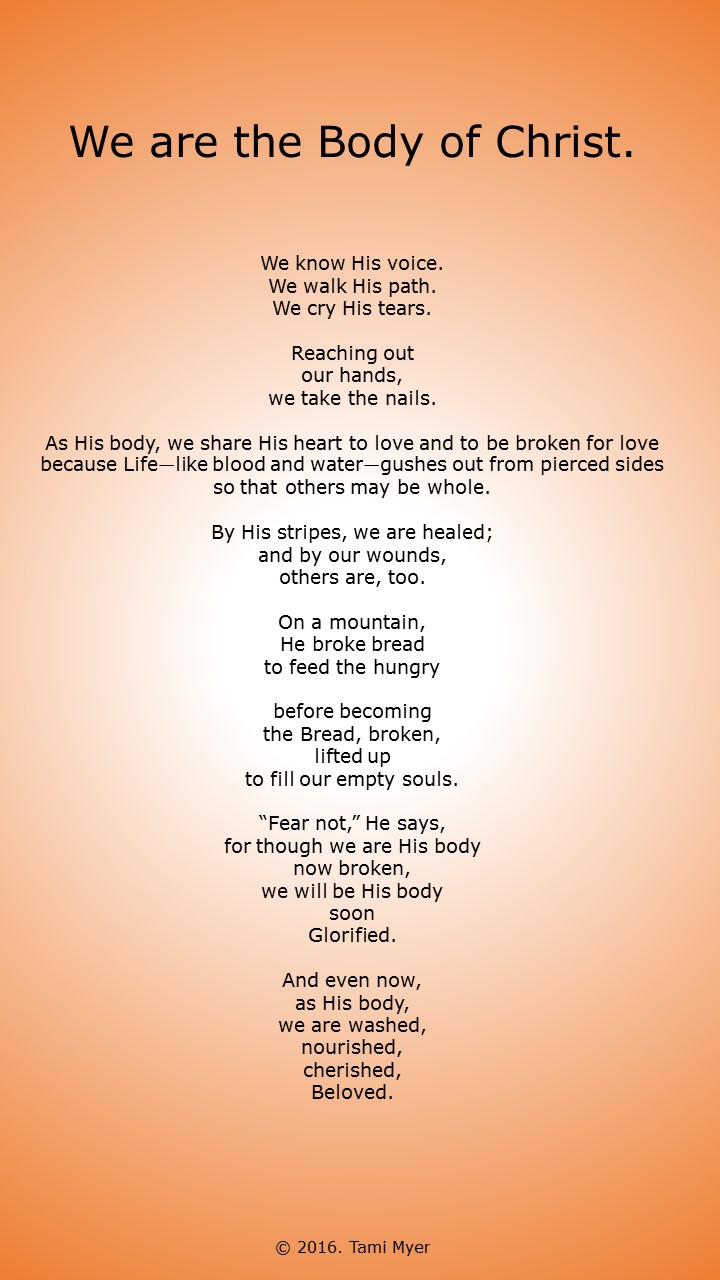A Burning Bush
One day Moses was tending the flock of his father-in-law, Jethro, the priest of Midian. He led the flock far into the wilderness and came to Sinai, the mountain of God. There the angel of the Lord appeared to him in a blazing fire from the middle of a bush. Moses stared in amazement. Though the bush was engulfed in flames, it didn’t burn up. “This is amazing,” Moses said to himself. “Why isn’t that bush burning up? I must go see it.”
When the Lord saw Moses coming to take a closer look, God called to him from the middle of the bush, “Moses! Moses!”
“Here I am!” Moses replied. (Exodus 3:1-4, NLT)
What an incredible sight! Out in the wilderness, Moses discovered a blazing bush that didn’t burn up.
It got Moses’ attention. He stopped. Intrigued, he moved closer. And then God spoke to him.
A Spectacle of Grace
Over 200 years ago, John Newton realized that this burning-but-not-burnt bush was a vivid metaphor for Christians as they go through fiery trials. Newton wrote:
Some Christians are called to endure a disproportionate amount of suffering. Such Christians are a spectacle of grace to the church, like flaming bushes unconsumed, and cause us to ask, like Moses, ‘Why is this bush not burned?’ The strength and stability of these believers can be explained only by the miracle of God’s sustaining grace.¹
Newton called these suffering-but-victorious Christians “spectacles of grace.” Joni Tada uses the phrase “spectacles of glory.” Joni, by the way, is the perfect example of this! Not only is she a quadriplegic, but Joni has also battled cancer, and she lives with chronic pain. Despite immense suffering, she faithfully maintains a joyful, thankful spirit.
Perhaps you are a spectacle of glory.
At some point, God calls all of us to be spectacles of glory. When we walk through difficult circumstances without being destroyed, it grabs people’s attention. They say, “How can this be? What is going on here?” They turn their eyes from their usual focus. They stop to look. And as they gaze, still and attentive, God speaks to them.
Smoke or Spectacle: Your Choice
When you experience fiery trials, you can be badly burned, and your life can turn into ashes. You might become bitter, resentful, and stuck in grief. You may feel abandoned by God, and you might feel sorry for yourself. Discouragement and despair may overtake you. Your strength, your success, your usefulness—it all seems to go up in smoke.
OR … you can be a bush that is not consumed!
You can be a spectacle of glory as the fires of suffering burn without burning you. Do you remember the young Hebrew men who were thrown into the fiery furnace? They were not consumed—not a single hair was singed. And when they came out of from the flames, they did not even have the smell of fire on them.
A Captive Audience
You can be a miracle that gets the attention of others. (It will probably get your attention, too!) Like a burning-but-not-consumed bush, you will create opportunities for people to hear the voice of God.
People will say, “What’s this? How are you going through these circumstances with a calm spirit? How are you going through all this without being bitter or belligerent? Why are you not anxious or angry or addicted?” Because your response to suffering is unusual, they will stop for a moment and look away from their usual activity—like Moses turning away from his flocks—and they may hear God speaking to them.
We can yield to the indwelling of the Spirit of God. He will be our radiance—the blazing fire that fills us but does not consume us. We can let God turn us into spectacles of grace and glory.
Whose Suffering is This?
The Scriptures tell us:
Beloved, do not be surprised at the fiery ordeal you are going through, as though something strange were happening to you. Instead, rejoice—be very glad— as you participate in the sufferings of Christ, so that you may be overjoyed when his glory is revealed. (1 Peter 4:12-13, NLT)
Notice that we participate in the sufferings of Christ. Usually, we participate in our own sufferings, don’t we? We participate in our life, our pain, our worry, our frustration, and our feelings of being rejected. But when we live that way, we are like bushes burned and consumed.
Instead, we must give our lives to Christ. We must walk through hard times knowing that these are His sufferings. We can say, “This is God’s life. He can do with it whatever He pleases. I gave it to Him, and I trust Him.” All the pain, the weight, and the rejection is His suffering. It all becomes redemptive suffering, in which nothing is wasted. All of the pain is being molded into a container for glory, a vessel that will overflow with glory.
Redemptive suffering increases our capacity for joy.
Keep On Doing What is Right
So then, those who suffer according to God’s will should commit themselves to their faithful Creator and continue to do good. (1 Peter 4:19, NIV)
So if you are suffering in a manner that pleases God, keep on doing what is right, and trust your lives to the God who created you, for he will never fail you. (1 Peter 4:19, NLT)
What are some of the good things that we should continue to do? Here are several things that are always right to “keep on doing”:
- Keep trusting that God is fully attentive to you, absolutely loving, and perfectly wise. Keep trusting that He is trustworthy!
- Keep forgiving.
- Keep praying fervently and without ceasing.
- Keep your heart open and soft toward your spouse. (God often uses the hot coals of kindness to melt icy-hard hearts.)
- Keep honoring the spirit of your spouse.
- Keep your covenant vows.
God has given us this wonderful promise:
When you go through deep waters, I will be with you. When you go through rivers of difficulty, you will not drown. When you walk through the fire of oppression, you will not be burned up; the flames will not consume you. (Isaiah 43:2, NLT)
If you are walking through fiery trials, I pray that God will sustain you as an amazing “spectacle of grace.” As you are filled with His Spirit, you will be like a burning bush, radiating with His spectacular glory!
_______________________________________
¹Quoted in A Spectacle of Glory: God’s Light Shining through Me. Joni Eareckson Tada. Zondervan. 2016. Page 7.































